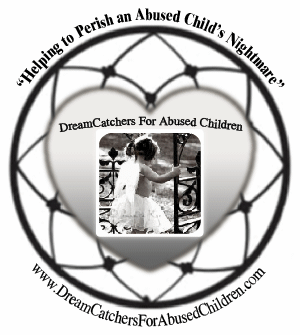Do Anti-Bullying Laws Protect Us From Cyberbullying? Understanding the Implications
 Bullying has long been a problem in our schools, our extracurricular programs and even our churches. Despite what some parents and teachers may claim, this is certainly not a new problem. However, advancements in technology have given rise to more sophisticated bullying.
Bullying has long been a problem in our schools, our extracurricular programs and even our churches. Despite what some parents and teachers may claim, this is certainly not a new problem. However, advancements in technology have given rise to more sophisticated bullying.
Educators, parents and government officials are working hard to address the bullying issue, but do they really understand the extent to which cyberbullying plaques today’s students? A quick look at current anti-bullying legislation suggests that the answer is no. Research suggests that one in three kids has been threatened online at some point. Many teens and young adults have been targets of identity theft, robbed of a decent credit history before they even have the chance to get their first loans or credit cards.
Cyberbullying Legislation
Despite the concerns outlined above, adults continue to underestimate the impact cyberbullying has on both its victims and its perpetrators. There has been some effort to include this type of abuse in anti-bullying legislation, however.
Ahead of the curve on the issue of cyberbullying, North Carolina passed a law criminalizing the activity back in 2009. The law is unique in that it targets not just student-based cyberbullying, but also behaviors such as adults disguising their identities and preying on children through chat rooms. Violations of this law are classified as misdemeanors, but most convicted youths are able to expunge their records upon successful completion of parole.
New Jersey has also made efforts to curb bullying that occurs over the internet. The state encourages students to speak out, offering a crimespotters service through which bullied students can report instances of cyberbullying to the police. Known as the Anti-Bullying Bill of Rights, this legislation is among the toughest in the nation.
Protecting Children From Cyberbullies
While current efforts in states such as New Jersey and North Carolina are promising, many locales are not covered by sufficient anti-bullying legislation. As such, it is important for parents to take the steps necessary to ensure that their children are not victim of constant harassment. One easy way to keep children safe from internet hazards is to invest in Lifelock identity protection. Designed to prevent identity theft, Lifelock has been great for teens possessing mobile devices.
Also important is communicating with children and ensuring that, no matter what is going on in their lives, they have someone willing to listen. The United States government’s initiative against bullying suggests that parents take at least fifteen minutes each day to talk one-on-one with their children. This daily chat session does not have to always be about serious issues such as bullying; however, by keeping the communication lines open, parents increase the chances of their children approaching when there is a problem. Kids should also know exactly what does and does not constitute as bullying so that they can avoid engaging in the behavior themselves. With a combination of appropriate education, communication and legislation, this problem can be wiped out once and for all.
Patricia Tucker
Pat is a tech writer from Toledo, Ohio.
By the time you finish reading this, 15 children will have been abused; In the next five minutes, 30 more; Within the next hour, 360 more; And by tonight, close to 8,000+ children will have suffered from abuse, 5 of which will die. Child abuse has increased 134% since 1980 and is now considered a worldwide epidemic. The high jump in child abuse deaths and the shocking increase in statistics highlights the frightening lack of public knowledge.
Educate Yourself -- Learn the Facts
It May Just Save a Child's Life!!


















![Validate my RSS feed [Valid RSS]](http://dreamcatchersforabusedchildren.com/wp-content/uploads/2009/10/valid-rss.png)












